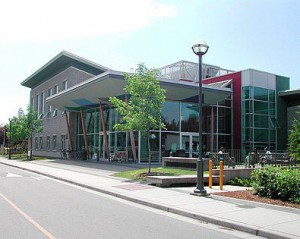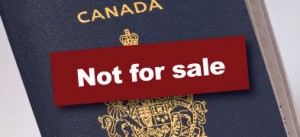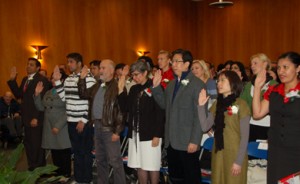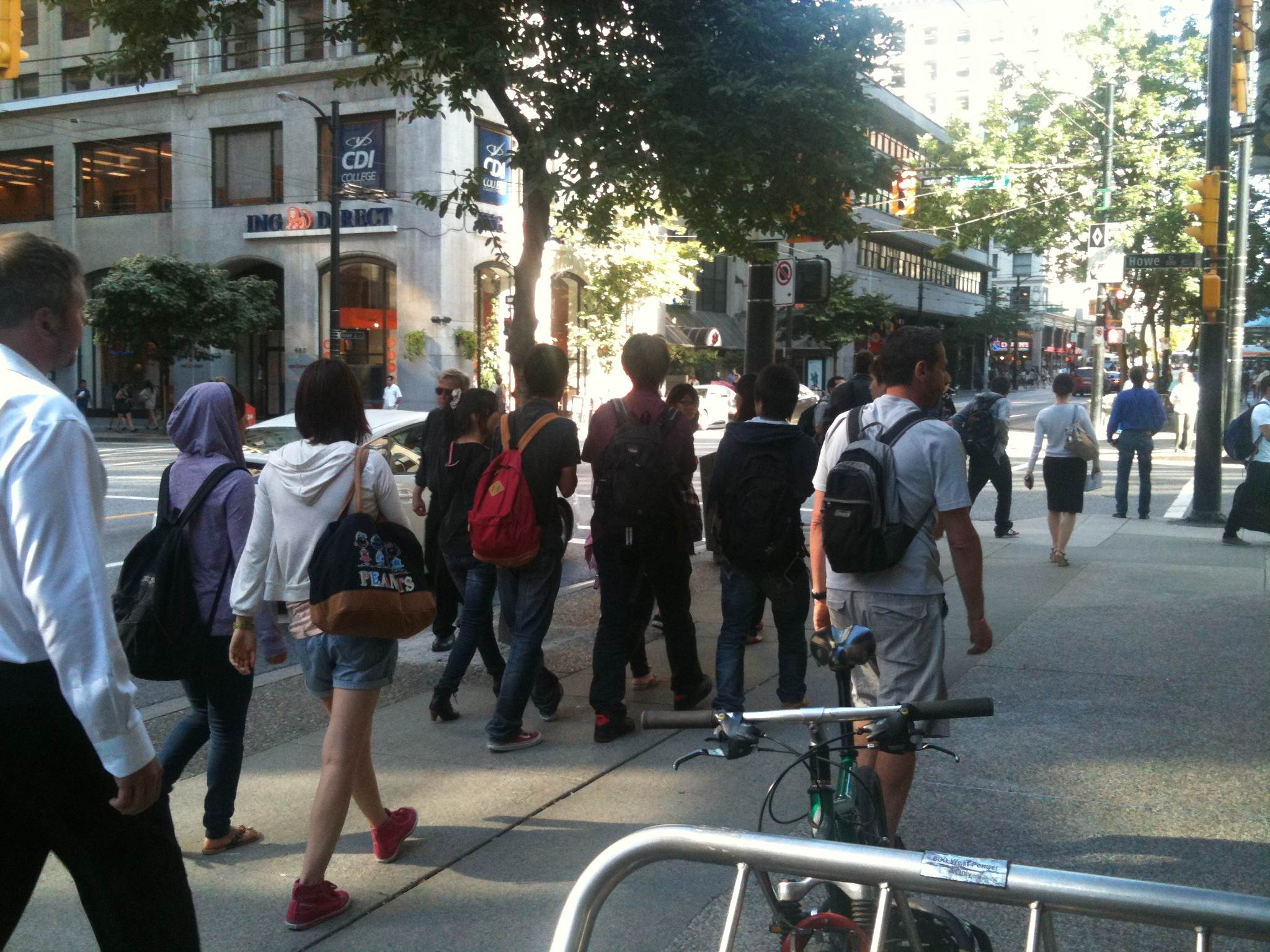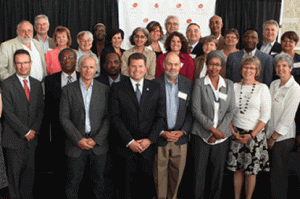
Five individuals received Ottawa Local Immigrant Entrepreneur Awards yesterday in the first annual Ottawa Immigration Forum, organized by the Ottawa Local Immigrant Partnership (Citizenship and Immigration Canada)
Five Canadian immigrants received awards for their entrepreneurship at the first annual Ottawa Immigration Forum yesterday.
The Ottawa Immigrant Entrepreneur Award ceremomy is organized by the Ottawa Local Immigration Partnership (OLIP) and given to individuals judged to have made valuable contributions to the local economy.
Yesterday’s recipients were:
Valery Tolstikhin, founder of OneChip Photonics Inc, who won in the Fast-growth enterprises category. OneChip Photonics manufactures high performance optical transceivers for broadband applications.
Dr. Dipak Roy, founder of D-TA Systems Inc, the winner of the award in the Innovation-oriented enterprises category. D-TA Systems provides sonar and radar signal processors for the defence, aerospace and wireless industries.
Vinod Rajasekaran, creator of HUB Ottawa, won in the Social enterprises category. HUB Ottawa is an innovation incubator that provides collaborative office space and networking events to members.
Dr. Supriya Mishra, founder of visionTech4u, the winner of the Women entrepreneurs category award. VisionTech4U provides IT consultancy in the Ottawa area.
Obaid Ahmed, founder of OAK Computing, won in the under 35 Youth business entrepreneurs category. OAK Computing is a software development company that manages several start-ups.
OLIP is funded by Citizenship and Immigration Canada (CIC) as part of the federal government’s campaign to boost the integration of immigrants into the Canadian economy.
Data emerging over the last few years, showing a growing income gap between recent immigrants and other Canadians, has spurred the federal and several provincial governments to fund initiatives by local immigrant serving organizations like OLIP to reverse the situation.

